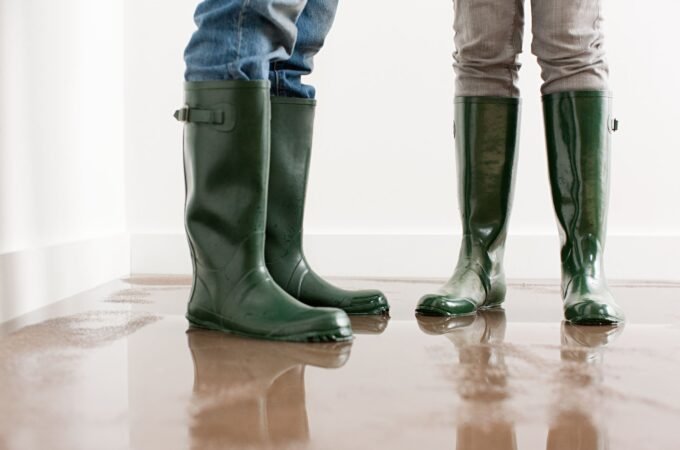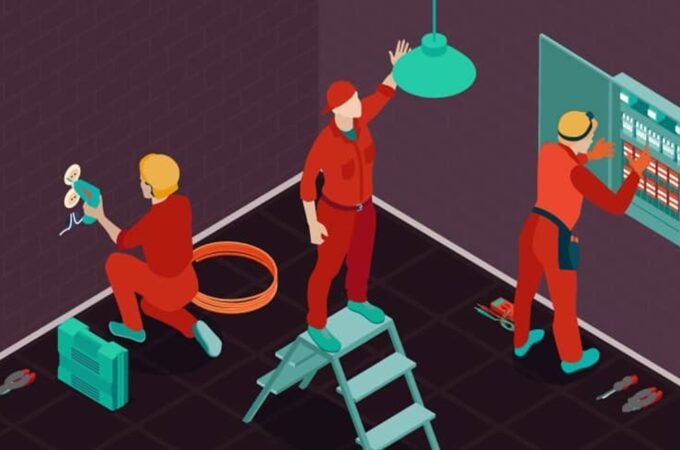
5 Common Causes of Sewer Pipe Backups and How to Prevent Them
The sewer pipe is a crucial part of any plumbing system, responsible for carrying wastewater away from your home and into the main sewer line. However, the sewer pipe can become susceptible to various issues that can lead to backups and clogs over time. These backups not only result in unpleasant odors but also pose health risks and can cause significant damage to your property. A sewer pipe repair in Santa Cruz is often costly and time-consuming, so it’s essential to understand the common causes of sewer pipe backups and how to prevent them.
Table of Contents
ToggleTree Roots
One of the main culprits behind sewer pipe backups is tree roots. As trees grow, their roots can extend into nearby pipes for water and nutrients, causing them to wrap around the pipes and eventually block them completely. To prevent this from happening, avoid planting trees near your sewer line and regularly inspect the area for any signs of root intrusion.
Buildup of Debris
Another common cause of sewer pipe backups is debris buildup, such as grease, hair, food particles, and other materials flushed down the drain. Over time, this debris can accumulate in the pipes, forming clogs that prevent water from flowing freely. To prevent this, avoid pouring grease down the drain and use a hair strainer to catch any loose hairs before they can enter the pipes.
Aging Pipes
As with any other infrastructure, sewer pipes also deteriorate over time. Older homes often have clay or cast iron pipes prone to cracks, leaks, and collapses. These issues can lead to backups and cause significant damage to your property. Regular maintenance and inspections can identify problems with aging pipes and allow timely repairs or replacements.
Heavy Rainfall
During heavy rainfall, the excess water can overwhelm the sewer system, causing backups in homes connected to it. This is especially common in areas with combined sewer systems where stormwater and sewage share the same pipes. To prevent backups during heavy rainfall, consider installing a backwater valve to stop water from flowing back into your home.
Illegal Dumping
Unfortunately, some people may illegally dump items such as oil, chemicals, and other hazardous materials into the sewer system. These substances can cause significant damage to the pipes and lead to backups. Properly disposing of these items and reporting illegal dumping can help prevent backups and protect the environment.
If you experience a sewer pipe backup, it’s crucial to address it promptly to minimize damage and prevent future backups. Depending on the cause of the backup, you may need to hire a professional plumber to repair or replace your sewer pipes. Regular maintenance and inspections can also help identify potential issues with your sewer line before they lead to backups.
Understanding these common causes and taking preventative measures can reduce the risk of experiencing a sewer pipe backup and keep your plumbing system functioning properly. Always seek professional help if you encounter any issues with your sewer pipes to ensure a proper and long-lasting repair.





